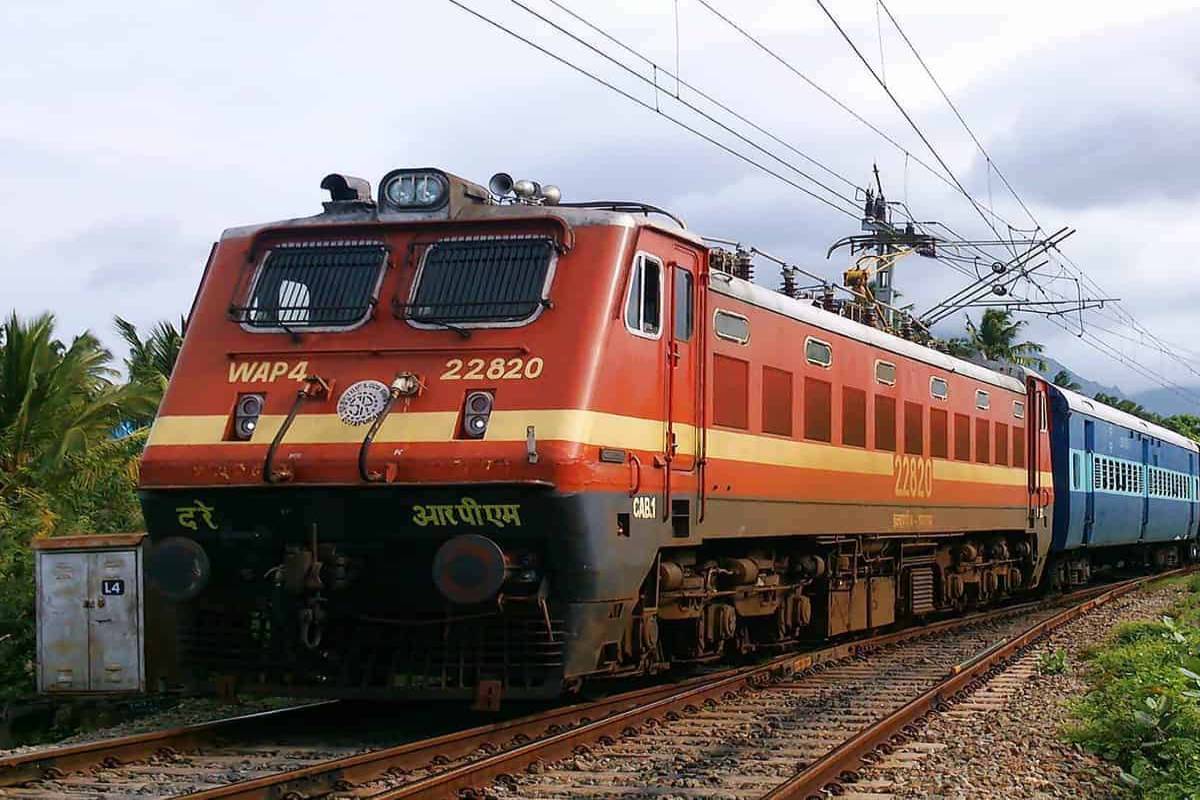An international agency will check the quality of materials to be procured by the Indian Railways. The move is expected to reduce the operational bungling and the cost incurred by the public sector unit.
According to official sources, once the system is in place, the Indian Railways will no longer have to engage internal PSUs to test the quality of the materials worth Rs 75,000 crore in a year.
Advertisement
As on date, the storage department of the Railways has been supplying various parts ranging from nut bolts to electric wires, cables, engine-coach-wagon parts, said the official adding that the Indian Railways itself get the materials inspected with Rail India Technical and Economic Service Limited (RITES)
The Research Design and Standards Organization (RDSO) and the Research Design and Standards Organization (RDSO) charge 0.9 per cent of the cost of the material as inspection fees. Apart from the charge for inspection of materials worth Rs 1,000 crore annually, other charges include an amount for the inspection officers. But the quality of the materials procured is not found up to the mark.
These revelations have forced the Railway Board to engage an international agency to inspect the materials before procurement by the Indian Railways. The agency would inspect the materials in 215 warehouses of the stores department across the country. This is expected to save 0.9 per cent of money spent in the name of inspection.
The procurement of sub standard materials have been responsible for the frequent incidents like signal failure, disruption in the normal movement of trains and failure of locomotives where the passengers have to bear the brunt.
Notably, the India Railways procure diesel engines, steam engines, parts of electric engines, fitting items, heavy machines, plants, electric wires, cables, optical fibres, coach-wagon parts, high-speed diesel, petrol and petrol for running railway passenger trains and goods trains. Apart from these, it buys soap, oil, towels, sheets, utensils, ceramic utensils, clothes, clothes, kitchen and furnishings, vegetable oil, medicines, and hospital equipment.
